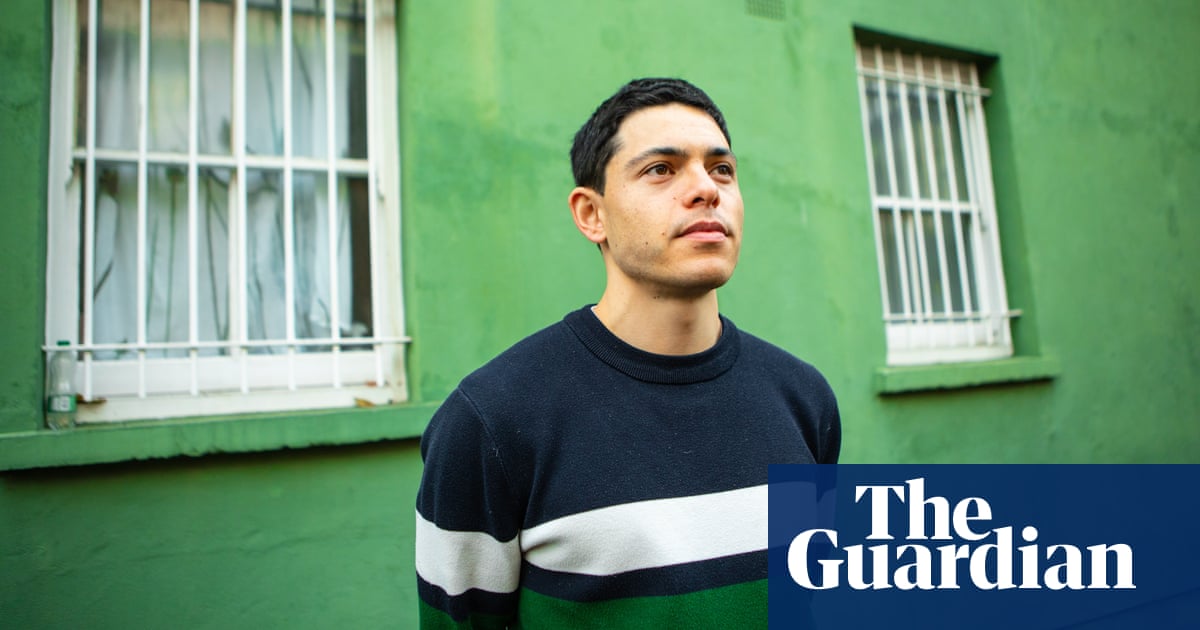A Greek court’s decision to drop criminal charges against dozens of international aid workers accused of espionage and facilitating the illegal entry of migrants into the country has been welcomed.
A three-judge panel convened on the North Aegean island of Lesbos decided there was insufficient evidence to prosecute the case against 35 mostly German nationals.
“There is insufficient evidence to support the charges against the defendants,” the tribunal said in documents released on Tuesday.
Lawyers representing the defendants described the ruling as a good day for humanitarians at a time when life-saving solidarity work is increasingly criminalised.
“This is very encouraging,” said Zacharias Keses, a lawyer representing some of the aid workers. “The police account was based on conjecture and speculation. It was pure fiction and I think the courts of Lesbos finally understood that they cannot charge people with the crime of being humanitarians, that they cannot accept that humanitarians are people smugglers.
The defendants, who include nationals from Norway, Austria and Switzerland, were arrested in Lesbos in September 2020 following an investigation by the Greek Intelligence Service and counter-terrorism units, which allegedly linked them to traffickers moving people from the Turkish coast to the island.
Police said aid workers used encrypted messaging apps to provide smugglers with the geographic coordinates of landing zones so they could bypass Greek coast guard patrols.
Officials of the NGO categorically denied the allegations.
Including dozens of solidarity migrant workers Sarah Mardinithe Syrian refugee immortalized in the Netflix film The Swimmers are facing similar charges in Greece.
Mardini, a former competitive swimmer, made international headlines with his sister Yusra after the pair rescued 18 passengers in a sinking dinghy, making the perilous crossing from Turkey.
Returning to Lesvos, the island on the frontline of the refugee crisis as a search and rescue worker in 2016, she would spend more than three months in pre-trial detention on charges ranging from espionage to illegal radio frequency interception.
Human rights groups unanimously described the charges – aimed at 24 aid workers volunteering at the now-defunct International Emergency Response Center – as a “farce”.
While the charge of espionage was dropped out by a court in Lesvos in January 2023, the entire group still faces charges of human smuggling, fraud and membership of a criminal organization, crimes that carry a 25-year prison sentence under Greek law.
Sean Binder, a German who grew up in Ireland, who was arrested along with Mardini and also spent more than 100 days in jail, said Tuesday’s ruling was “fantastic news” but suggested the case, like his own, should never have been filed at all.
“It’s cause for optimism,” said the trainee barrister, who has since been called to the bar in London. “That’s the right result, but only if you accept that there was a mistake in the first place.”
International aid groups have been credited with enormous good at the height of the refugee crisis in 2015, when almost 1 million displaced Syrians crossed over Lesvos and other Aegean islands on their way to Europe. But as the flows continued years later and fatigue set in, they were increasingly accused of aiding and abetting the arrival of migrants.
“The logic behind the prosecution has always been that bona fide search and rescue workers are doing illegal work when nothing could be further from the truth,” Binder said, speaking from London. “It’s cold comfort after months and years of waiting to hear that you did nothing wrong.”
